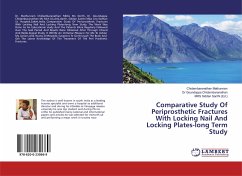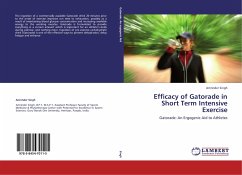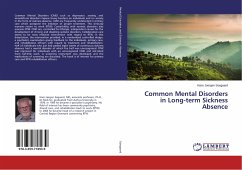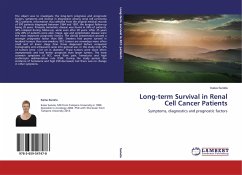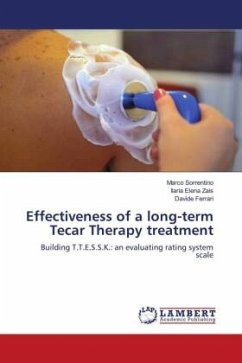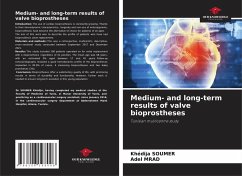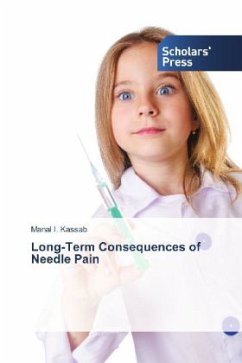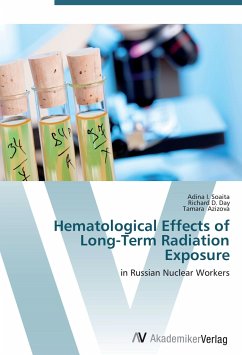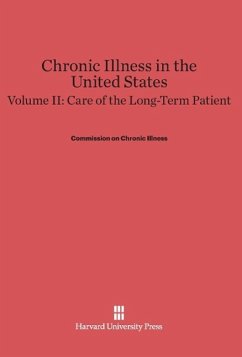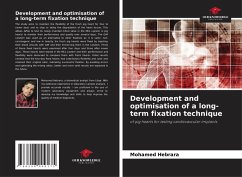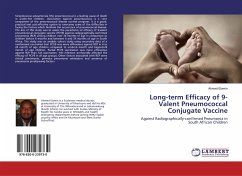
Long-term Efficacy of 9-Valent Pneumococcal Conjugate Vaccine
Against Radiographically-confirmed Pneumonia in South African Children
Versandkostenfrei!
Versandfertig in 6-10 Tagen
36,99 €
inkl. MwSt.

PAYBACK Punkte
18 °P sammeln!
Streptococcus pneumoniae (the pneumococcus) is a leading cause of death in under-five children. Vaccination against pneumococcus is a core component of the pneumococcal disease control program. It is a good, practical and cost-effective option to overcome some of the difficulties in facing the factors which facilitate the occurrence of pneumococcal disease. The aim of this study was to assess the persistence of efficacy of 9-valent pneumococcal conjugate vaccine (PCV9) against radiographically-confirmed pneumonia (RCP) among children over 24 months of age in comparison to children before 6 mon...
Streptococcus pneumoniae (the pneumococcus) is a leading cause of death in under-five children. Vaccination against pneumococcus is a core component of the pneumococcal disease control program. It is a good, practical and cost-effective option to overcome some of the difficulties in facing the factors which facilitate the occurrence of pneumococcal disease. The aim of this study was to assess the persistence of efficacy of 9-valent pneumococcal conjugate vaccine (PCV9) against radiographically-confirmed pneumonia (RCP) among children over 24 months of age in comparison to children before 6 months and between 6 and 24 months of age in South Africa. The study was an analytic cohort study using secondary data of a randomised controlled trial. PCV9 was more efficacious against RCP in 6 to 24 month of age children compared to under-6 month and beyond-24 month of age children. Partial PCV9 vaccination was more efficacious against RCP than full vaccination. HIV infection profoundly affected the efficacy of PCV9 in all age groups. Other factors associated with RCP were clinical pneumonia, previous pneumonia admissions and presence of pneumonia predisposing factors.



